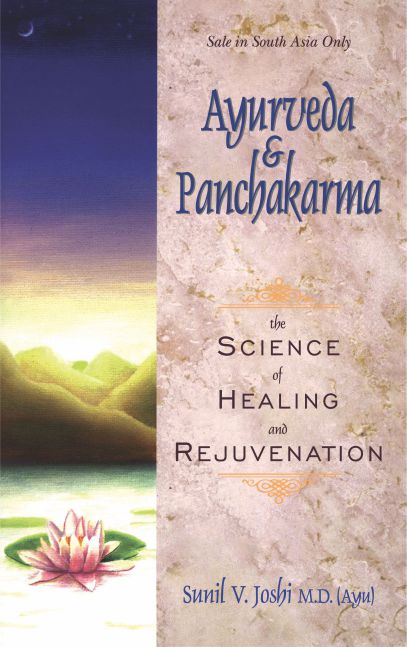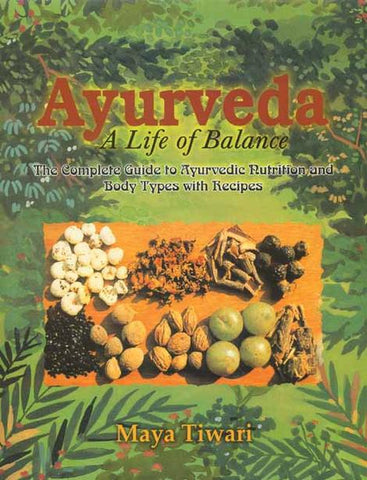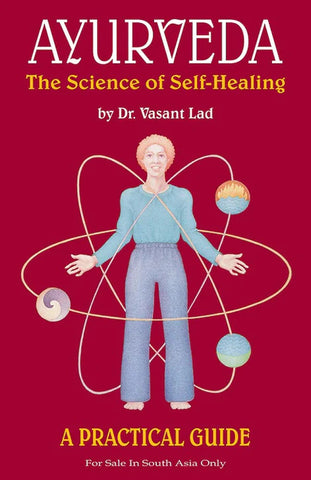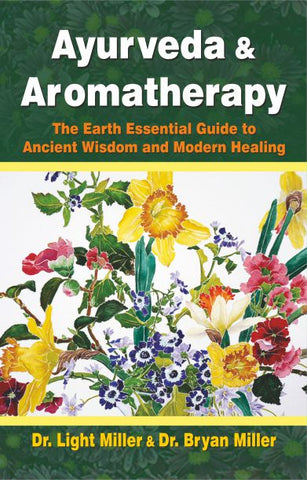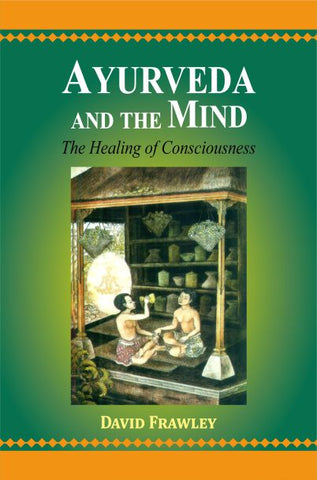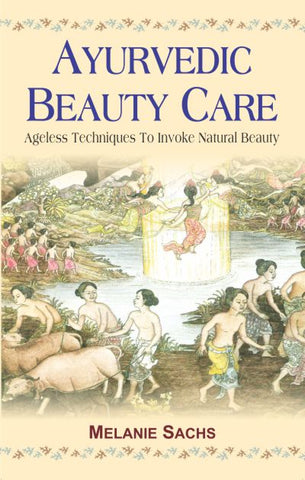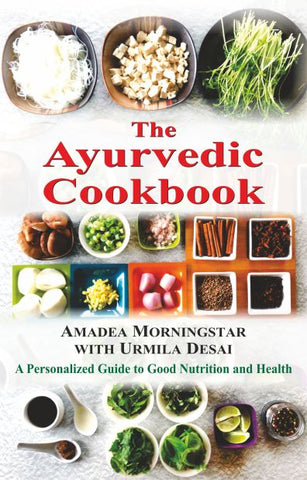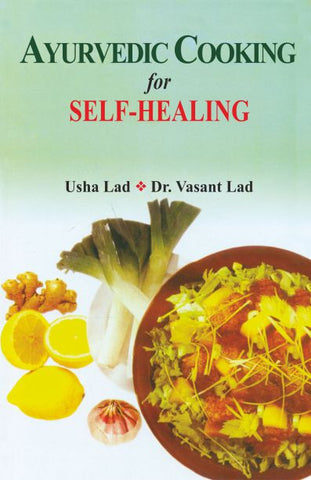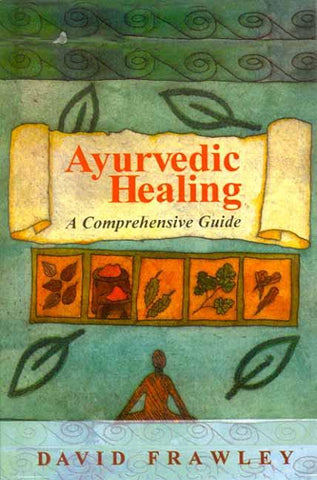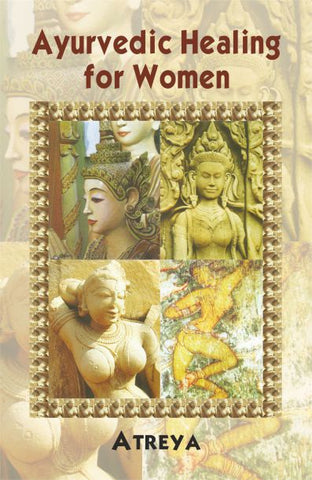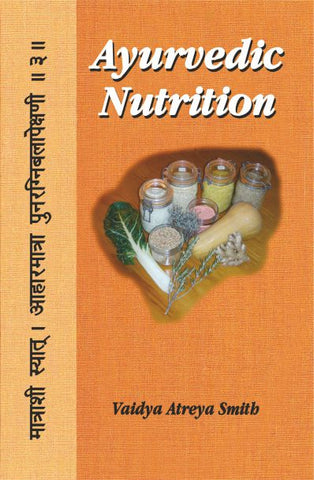Your cart is empty now.
The area of Ayurveda known as Panchakarma is a comprehensive system of knowledge and practices to purify the body of toxins and restore it to balance with natural law.
This book reflects the way the original text of Ayurveda, the Charak Samhita, first presented this knowledge. The first section explores in detail the principles which define Ayurveda as a science of life and health. The second section delves more deeply into the Ayurvedic understanding and how to treat it. This section begins with an elaboration of the six stages of disease formation and then systematically unfolds the knowledge of Panchakarma, the science of rejuvenation.
"This is an elegant exposition of Panchakarma presented by a practising Ayurvedic Vaidya... The writings are rendered more lucid by the numerous tables, diagrams and black and white illustrative photographs of the practical procedures. A bibliography, glossary and an index lend additional support." - Uma Krishnaswamy, The Hindu, 11th August 1998
Human beings are suffering despite access to technological advances that offer the promise of unequalled improvements in our quality of life. The flaws in our reliance on a materially-based approach to health are increasingly apparent.
In this context, Ayurveda, the ancient system of healing from India, has captured the attention and imagination of the West. The message of Ayurveda is simple: health is more than the mere absence of a definable disease; rather, it is the dynamic integration between our environment, body, mind and spirit. The area of Ayurveda known as Panchakarma is a comprehensive system of knowledge and practices to purify the body of toxins and restore it to balance with natural law.
Review(s)
"The treasure house of Ayurvedic wisdom is accessible to more people through this wonderful book of Dr Sunil Joshi." - Deepak Chopra, M.D., Author, Ageless Body, Timeless Mind
"Ayurveda and Panchakarma opens many new vistas of Ayurvedic insight and treatment both for the general reader and for the health care professional." - Dr David Frawley, Author, Ayurvedic Healing and Ayurveda and the Mind
"Dr Joshi offers pearls of wisdom that can be treasured by both beginners and advanced practitioners. The sharing of insights on Panchakarma is unprecedented in the English language and provides a firm foundation for understanding and implementing this valuable aspect of Ayurveda." - David Simon, M.D., Medical Director, The Chopra Center for well being
"In writing Ayurveda and Panchakarma, Dr Sunil Joshi establishes his role as the leading practitioner and teacher of the rejuvenating science, Panchakarma." - Patrick Hanaway, M.D., Clinical Faculty, University of New Mexico
"I applaud Dr Joshi's common sense and unique ability to inspire and help individuals to understand Ayurveda and Panchakarma. A brilliant book...and a must-read! - Narender K. Saini, M.D.
Human beings are suffering despite access to technological alliances that offer the promise of unequalled improvements in our quality of life. The flaws in our reliance on a materially-based approach to health are increasingly apparent. Despite amazing diagnostic machines and designer-crafted medicines, our society is suffering from preventable epidemics of heart disease, cancer and infectious illnesses. Of equal importance is the recognition that a large segment of our population, while not demonstrating full-blown evidence of disease, is nevertheless not living in a true state of health. In this context, Ayurveda, the ancient system of healing from India, has captured the attention and imagination of the West.
The message of Ayurveda is simple: health is more than the mere absence of a definable disease; rather, it is the dynamic integration between our environment, body, mind and Spirit. Health is the return of wholeness and ultimately reflects a higher state of consciousness. Within this framework, all healing systems can find a home.
Ayurveda teaches that we are not passive victims of pathogenic forces, but can substantially impact our quality of life through the choices and interpretations we make. By reducing the toxins and increasing the nourishing influences we ingest, we can transform our minds and bodies. As the science of life, Ayurveda is an inexhaustible reservoir of information. Throughout the ages, devoted explorers of this ocean of wisdom have integrated their personal experiences and interpretations with Ayurvedic knowledge to create something which is simultaneously timeless and modern. Dr. Sunil Joshi has continued this venerable tradition with his book, Ayurveda and Panchakarma.
For the past several years, Sunil Joshi has been my teacher, spiritual brother and friend. As one of the foremost experts on Panchakarma, Dr. Joshi has vast experience with the clinical application of this profound science of purification. As a willing and gifted teacher, Dr. Joshi offers. pearls of wisdom that can be treasured by both beginners and advanced practitioners. The sharing of his insights on Panchakarma is unprecedented in the English language and provides a firm foundation for understanding and implementing this valuable aspect of Ayurveda. I view this book as a sweet gift of love from Dr. Joshi to the world and I am sincerely grateful to him for his humble contribution to healing the world.
I come from India, the land of the Veda. For longer than mankind can remember, India has been the custodian of this timeless wisdom of the totality of life. From the perspective of Vedic knowledge, no aspect of life is disconnected from its source. Every expression of human endeavour, whether it be music, art, architecture, mathematics, agriculture or medicine, is structured in the eternal laws of nature which govern and order our existence.
As a child growing up in India, I had a traditional education and was exposed to many aspects of these Vedic sciences, but the area that really captured my imagination was health. From a young age, I was fascinated by the human body. I wanted to see inside it and find out how it worked. I would often sneak into hospitals and, from hidden vantage points, watch the doctors perform surgery. I also realized, even as a boy, that I had a strong desire to ease the suffering of others.
Seeing my preoccupation with health, my father told me the story of my great, great grandfather, Shankarji Joshi. Shankarji was a famous vaidya or Ayurvedic physician, renowned throughout India for his skill in this ancient healing science. His entire life was dedicated to bringing health to the people of his area, and he did so until he passed on at the age of ninety-six. It was said that by the time he was sixty-eight, he had lost many of his teeth and his vision had weakened. He went away for a period and underwent kaya kalpa, an ancient rejuvenation procedure documented by the Ayurvedic texts, which not only restored his vitali-77 and eyesight, but also gave him back his teeth.
My father once said that at the time of Shankarji's death, he told his son - my father's father- that he would return to bring the knowledge of Ayurveda to his people, and that he would come back as the son of Vinayak, the name given to my dear father. Whether I am, in fact, that great soul, Shankarji, is of little consequence. It is, however, his inspiration burning inside me that guided me to the medical profession. I did not immediately gravitate toward my great-grandfather's calling as a vaidya.
I entered a school that offered training in both Western (allopathic) and Ayurvedic medicine and had to decide between them. Both my parents worked hard as educators but were not well paid for their efforts. As the eldest son, I wanted to make their life comfortable and financially secure. Western medicine promised greater financial security, adding this incentive to my long fascination with surgery Around the time that I received my medical degree in Ayurveda my mother became acutely ill. For years she had suffered from amoebiasis, a parasitic infection common throughout India. Treatment by allopathic doctors had only temporarily alleviated her symptoms. Finally, the amoebas had invaded her liver and formed cysts, causing her to enter a life-threatening phase of the disease called amoebic hepatitis. She was admitted to the hospital for intensive care. However, as a result of being treated with powerful but toxic drugs, she began to experience a range of new symptoms, including further metabolic breakdown, leg pain, and headaches. She was so depressed that she begged us to remove her from the hospital. Feeling confused and in fear for her life, we brought her home.
A family friend suggested that we take her to a local Ayurvedic practitioner. We saw this as a last resort, but we had nowhere else to turn. After a thorough examination, Dr. Katti, the Ayurvedic physician, gave her some herbal preparations and strict dietary guidelines. In three weeks she had completely recovered. Now, many years later, my mother maintains good health and still takes care of her family.
I was deeply affected when I saw my mother respond so quickly to such a simple treatment program after years of suffering through unsuccessful allopathic therapies. My father reminded me that this ancient system of health care was my heritage, handed down to me from my great, great grandfather. I began to reconsider my direction in medicine. Now that I had my M.D. in Ayurveda, I had to select an area of medicine for postgraduate study and specialization. Until this point, I was committed to pursuing modern medicine, but I started having second thoughts about Western medicine. I was aware of its many achievements but was also painfully familiar with its shortcomings, especially the deleterious side effects of many of its therapies and the high cost to patients and their families.
An inner voice encouraging me to investigate Ayurveda grew stronger in my heart and I decided to study it in depth at the All India Research Institute in Nagpur, a city in central India. I already knew about some of the significant differences between Ayurveda and the Western approach to diagnosis and treatment. However, as I probed more deeply into Ayurvedic theory and clinical practice, I became impressed by its logic and charmed by the power and completeness of its comprehensive. Understanding of life. It described a vital connection between individual life and the whole of nature; human life was perceived as a microcosm or intimate reflection of the entire universe. As I continued my studies, I became fascinated by the area of Ayurvedic science known as Panchakarma, a comprehensive system of knowledge and practices to purify the body of toxins and restore it to balance with natural law. In case after case, I watched Pnchakarma achieve complete remission of disease in patients which could not be helped by Western medicine. In addition, I saw how this science of purification and rejuvenation could take a person with relatively normal health and produce a dramatically greater state of health, happiness and fulfilment. In fact, Ayurveda aims to establish the ability to live every aspect of life to its fullest, in complete conscious connection to nature's infinite intelligence, a state often referred to as enlightenment.
When I first arrived in America, I wondered how different the health concerns would be from those of my country. Aside from the higher incidence of drug and alcohol addiction, psychological imbalance and emotional abuse that seemed to be typical of the West, the problems I began to see were remarkably similar. It seems that no country has been able to escape the negative impact of technological life. The increasingly fast pace of modern life, the growing environmental degradation and the loss of connection to the natural rhythms of life are taking their toll on health and happiness everywhere. As more and more people are falling prey to the adverse effects of stress, I hear more frequent complaints of disturbed sleep, chronic indigestion, poor elimination and lower back pain. Lack of physical and sexual vitality, chronic fatigue, allergies and the inability to either lose or gain weight is also very common problems.
Perhaps the most serious side effect of this growing health crisis in the world is the unhappiness that I witness on the faces of the people who come to see me. So many express strong dissatisfaction with their jobs or relationships and seem to have lost their motivation and enthusiasm for life. As a consequence, anxiety and depression have become all too common. Almost everyone I see has expressed some feeling of frustration with the healthcare systems that are available, invariably remarking that they have tried everything and nothing seems to work. One system might address their complaint as a structural misalignment, another as a biochemical imbalance, and still another as a blockage in the flow of energy. One program recommends fasting, stringent dieting or exercise routines, while others prescribe potent vitamin, mineral or medication therapies.
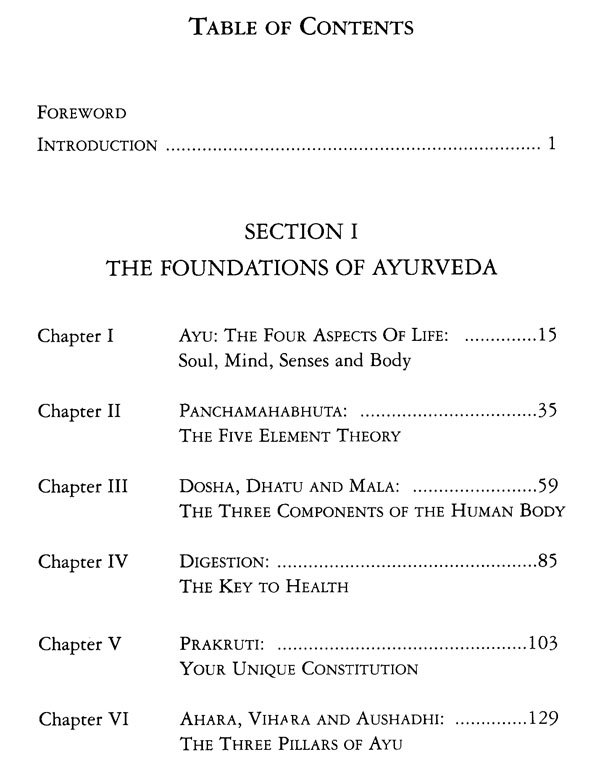
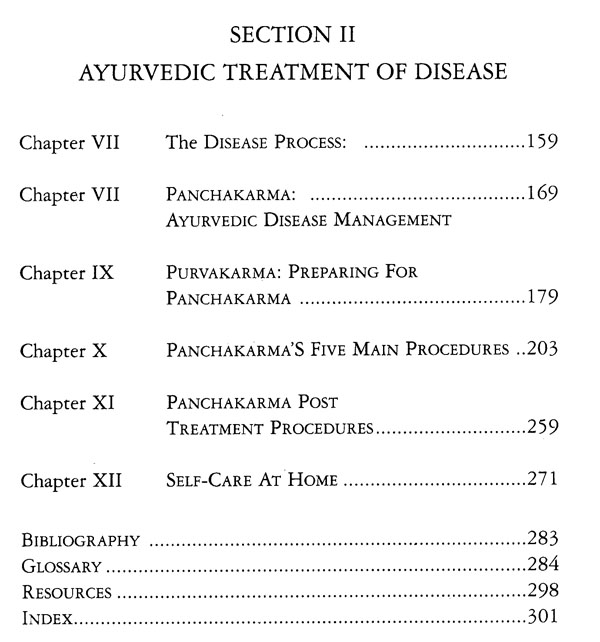
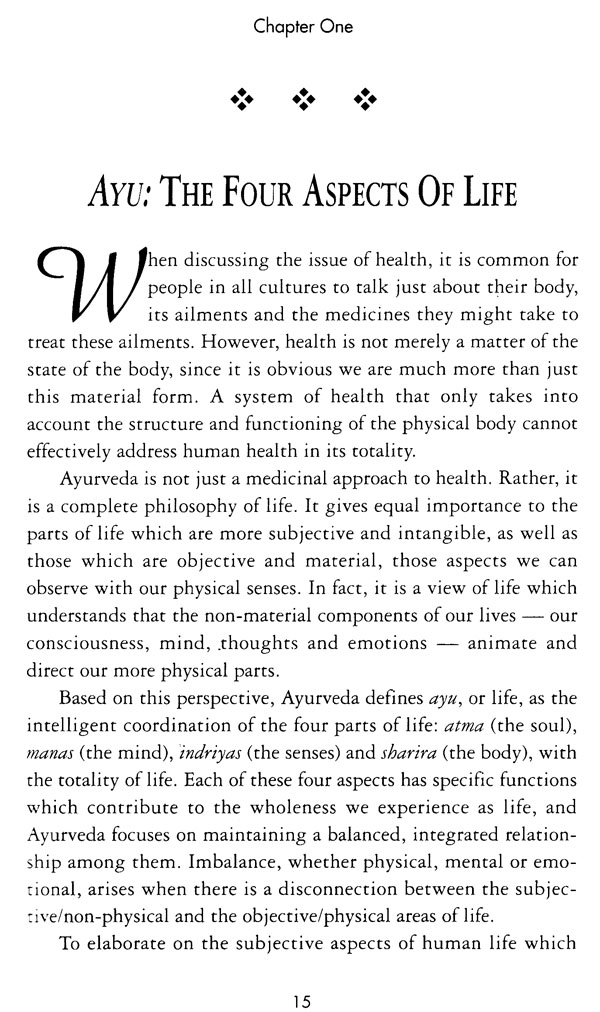
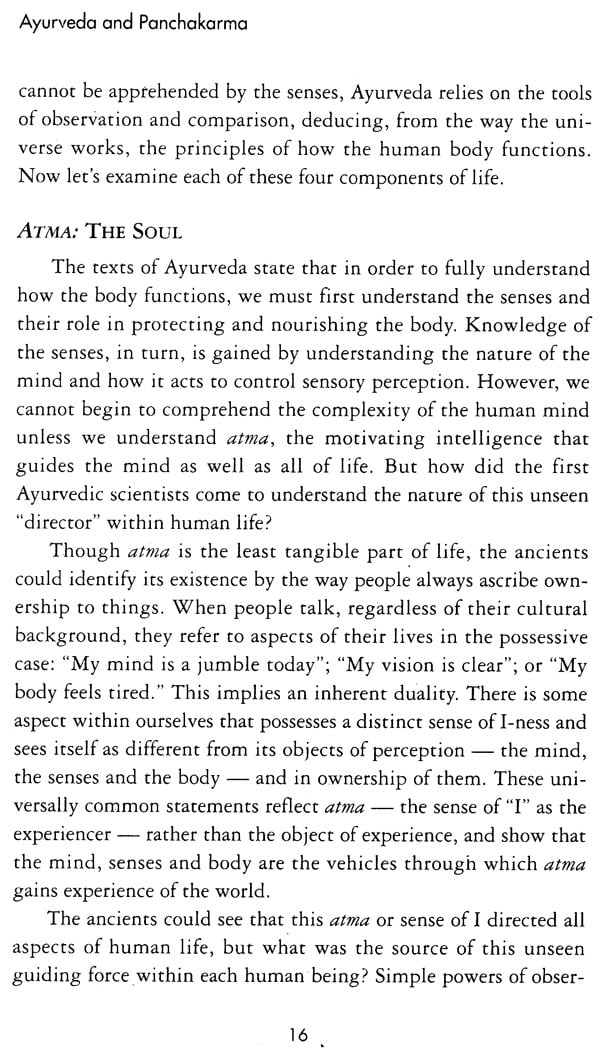
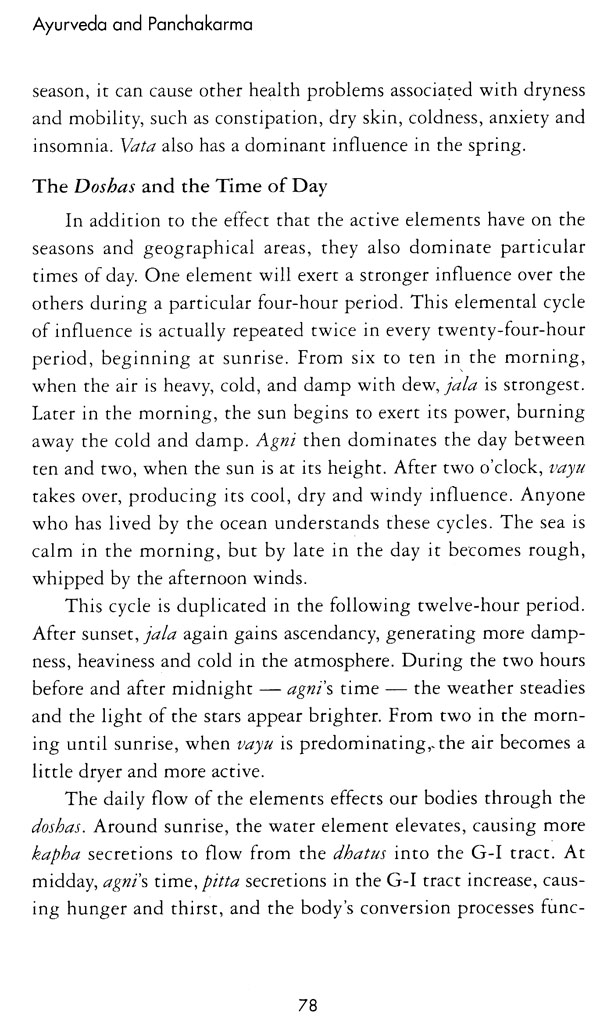
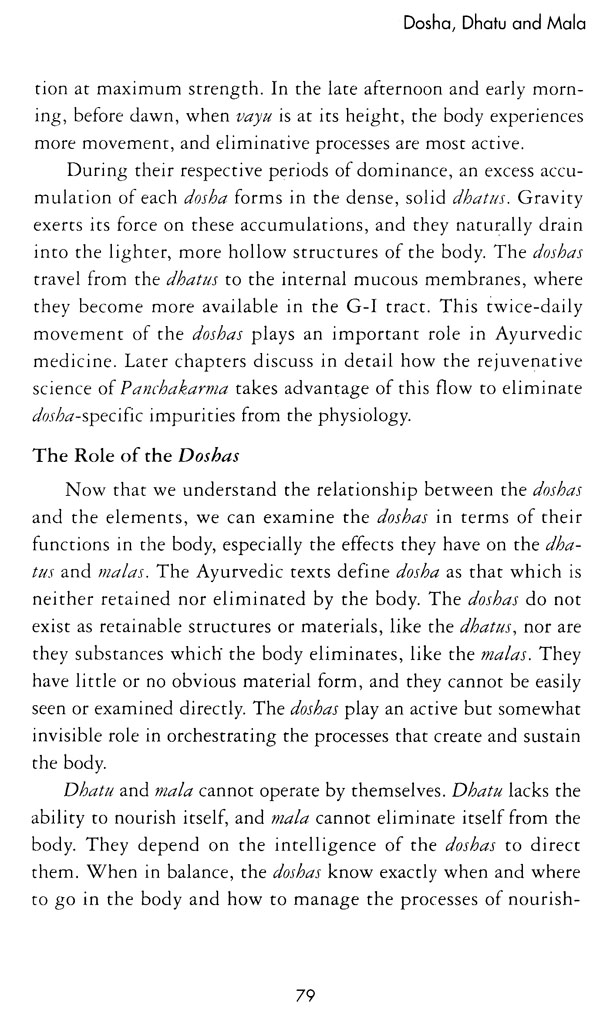
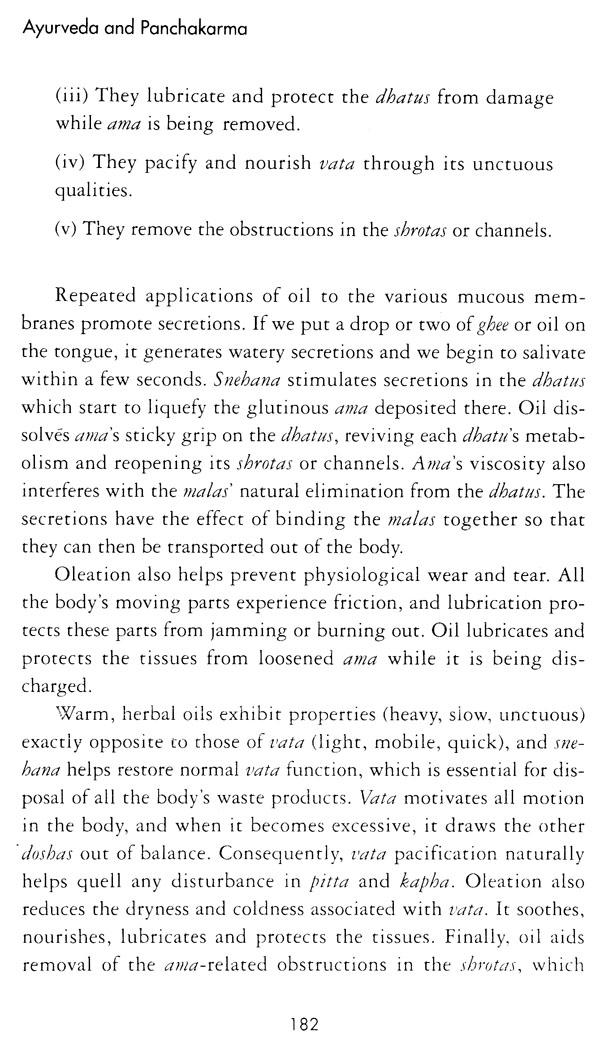
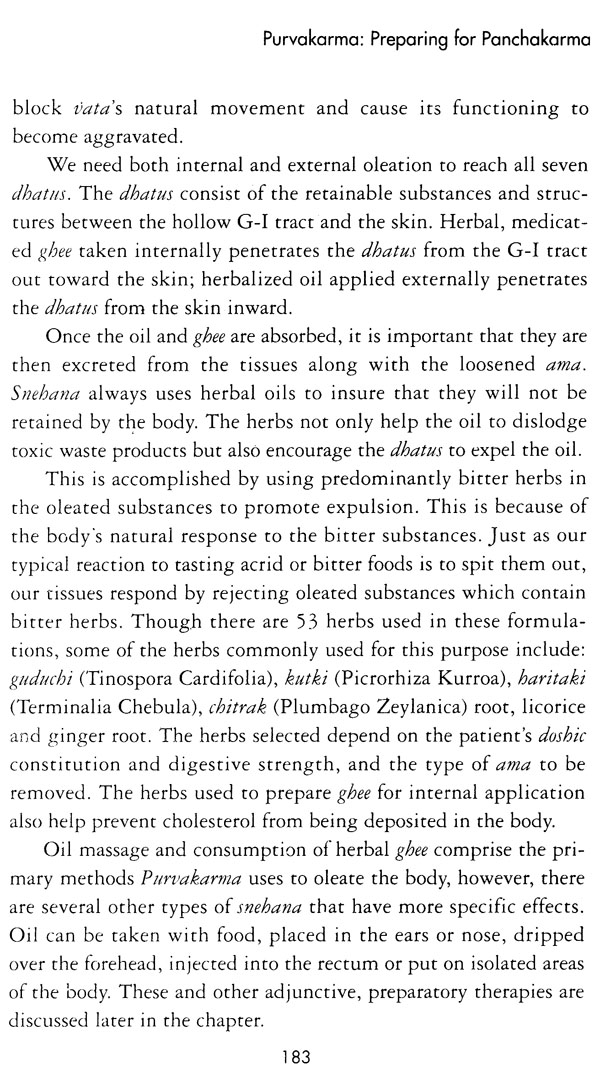
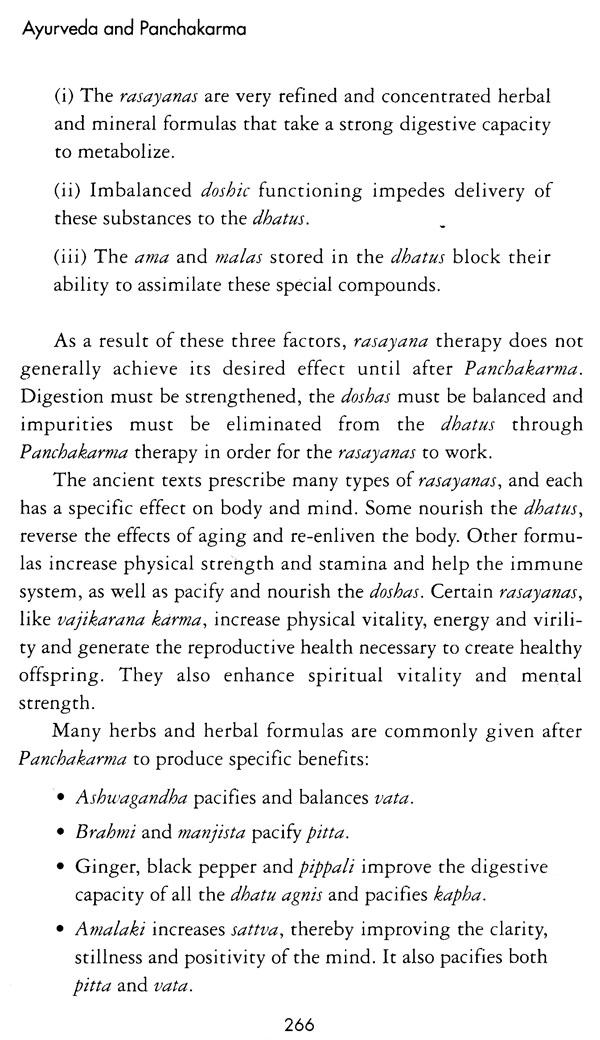
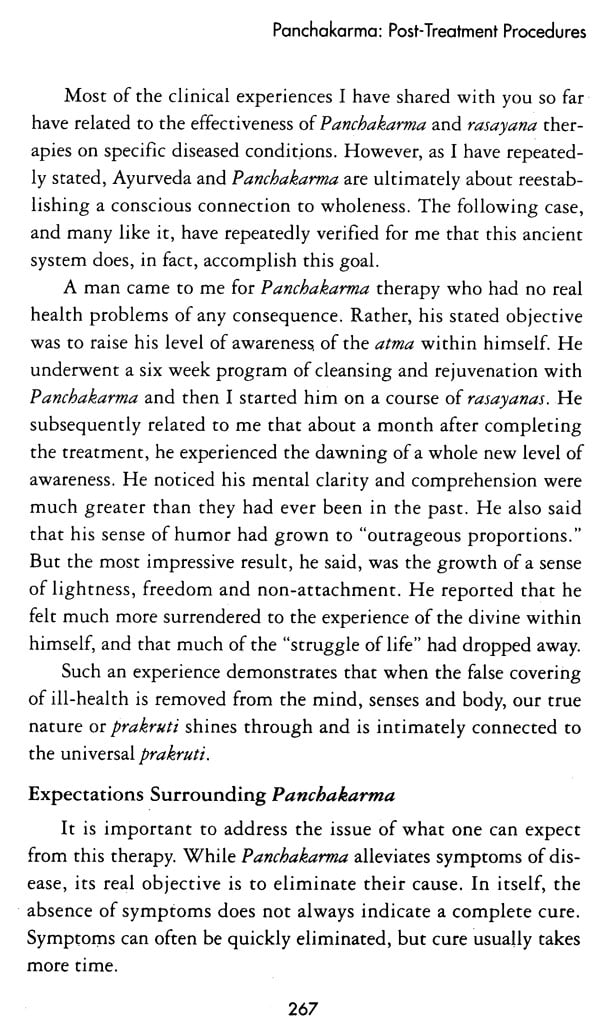
Delivery and Shipping Policy
- INTERNATIONAL SHIPPING
- Rs.1000-1100/kg
- ESTD. Delivery Time: 2-3 weeks (depending on location)
- Bubble Wrapped with Extra Padding
- NATIONAL SHIPPING
- NCR: Rs. 30/half kg
- Standard: Rs. 80/half kg
- Express shipments also available on Request
- ESTD. Delivery Time: Ranging from 1-4 days up to 7 business days (Depending on your choice of Delivery)
- TRACKING
- All orders; national or international, will be provided with a Tracking ID to check the status of their respective orders
- Depending on the Shipping Service, Tracking ID may be used on their respective tracking portals
Frequently Asked Questions (FAQs)
Domestic Shipping: 3-4 Days (after shipping)
International Shipping: 1-2 weeks (based on your location)
You will receive an email once your order has been shipped or you can email us if you didn't receive tracking details (info@mlbd.co.in)
Every book that we sell is the latest edition except all the rare books
Yes, we do provide free shipping, only on domestic orders (within India) above Rs.1500

